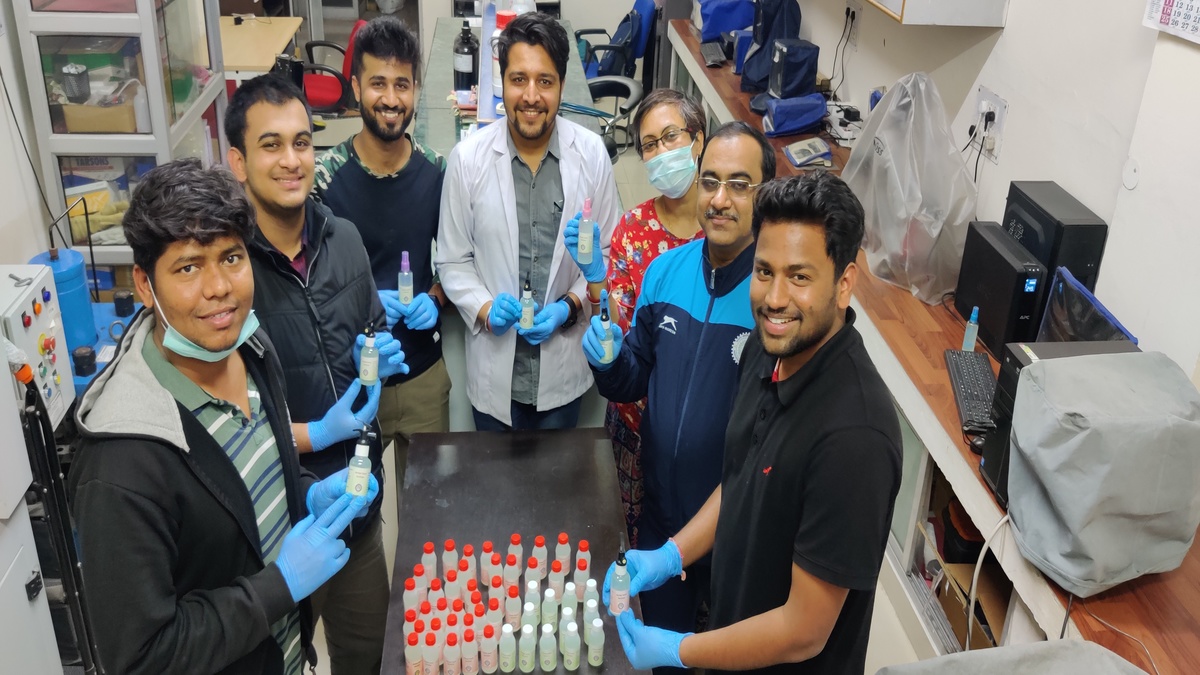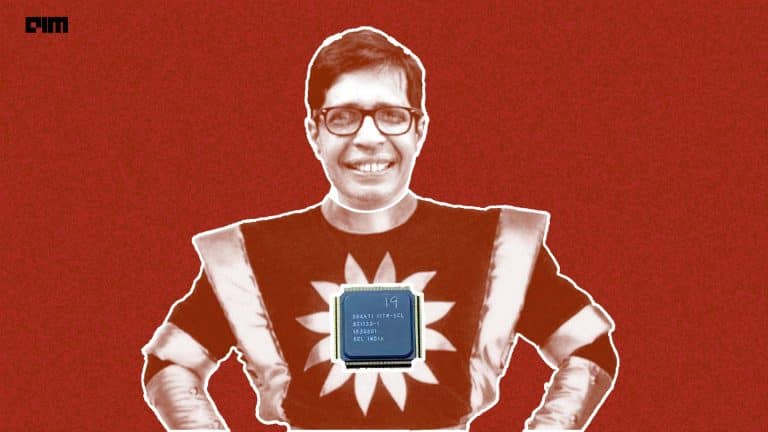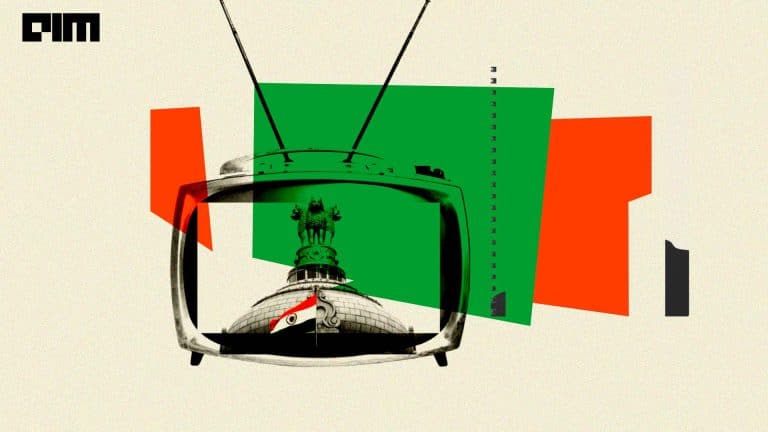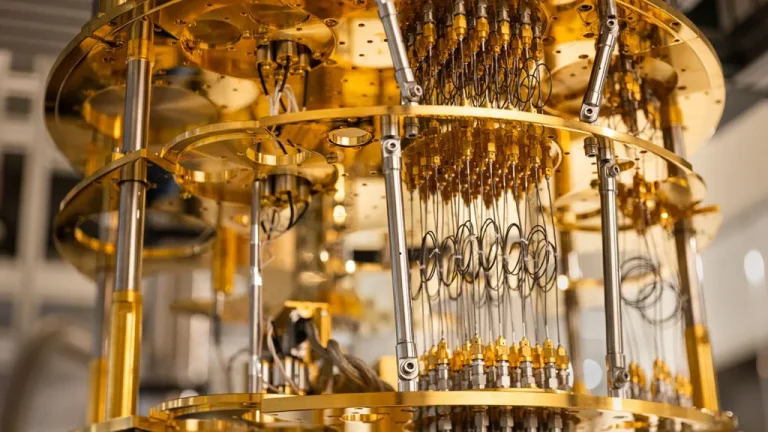Taking into account the rapid spread and absence of specific treatment for COVID-19, premier institutes of technology in India have been fast-tracking research and product development to manage this pandemic. Among these are the Indian Institutes of Technology (IITs). The complete lockdown in India has provided an impetus for new collaborations and engineering students, scientists, and researchers to talk to peers across the country.
IITs are now occupied with more than 200 active research activities to handle COVID-19. Of these, 25 ventures depend on data science and artificial intelligence (AI). A lot of projects have been proposed on dynamical systems modelling and differential equations. Data scientists can also analyse the data that is available from ICMR on the pandemic as well.
India’s leading technology institutes have proposed some innovative responses to help battle COVID-19 after the HRD ministry solicited every single IITs to submit extensive plans to manage the outbreak.
IITs Innovating At A Rapid Pace
All ongoing COVID-19-related ventures at the institutes, along with support from different funding entities, aim to help boost research. The lion’s share of the activities that are being done at IITs, 46 to be precise, involves creating protective gear for patients and medical staff. This includes face shields, defensive outfits or bodysuits, etc. for low-cost but high-quality development.
Different applications and tracking devices are additionally being created to track COVID-19 patients. IoT-empowered patient checking framework, hands-free thermal scanner, etc. are among the projects being developed by IITs. When it comes to mitigation, there has been a lot of innovation on masks, defensive apparatus, and production of cheap ventilators, which could soon be executed at scale.
IIT Bombay
In the context of monitoring medical supplies using data, IIT Bombay helped in the release of COVID-19 Med Inventory – a district-level short-term forecast of medical inventory for COVID-19. This includes inventory for intensive, acute supportive care requirements. Forecasts are based on an adaptive algorithm that computes trends based on current data. Forecasts of diseased individuals are used to build a requirement of ICUs and accompanying medical inventory needs. This can help administrators and MSMEs meet the demand at the grassroots level.
At IIT-Bombay, students have also built a mobile application called Corontine. It depends on geo-fencing, alerting specialists if a carrier moves out of an isolated zone. The application can produce an alert if a quarantined patient moves out of the assigned zone.
IIT Kharagpur
IIT Kharagpur has set up an inquiry about funding for R&D businesses related to COVID-19. The Institute presented a rundown of activities to the IIT Council, of which eight undertakings have been chosen. A measure of ₹50 lakh has been designated for stage I of 8 activities towards the advancement of product prototypes.
Let us look at one innovation at IIT Kharagpur. With funding of ₹50 lakh, IIT Kharagpur researchers are working on several technologies, including design and development of the rapid diagnostic kit, real-time PCR machine, bodysuit for COVID-19 patients, personal protective equipment for healthcare workers and portable shredder integrated with steriliser, Hazmat Suit with forced purified and cooled air circulation for medical professionals, bootstrapping Ambu-bag as an automated ventilator, telemedicine for fighting the viral pandemic, large scale production of recombinant proteins for vaccine and testing, among others.
IIT Kanpur
Researchers and alumni-driven startup of IIT Kanpur Campus Haat are developing a real-time monitoring solution for COVID-19 using contact-traces and dynamic health monitoring systems. Unlike other contact tracing apps, Campus Haat relies on triangulation to track all phones.
IIT Kanpur has also built a model of a low-cost ventilator, priced at ₹70,000 each, rather than the ₹4 lakh forms available right now. On the other hand, it is reported found that IIT Hyderabad has proposed an option in contrast to ventilators, an updated ‘bag valve mask’ which is utilised to revive people in crises.







![[Exclusive] How BharatGPT Will Mark India on the Global AI Map](https://analyticsindiamag.com/wp-content/uploads/2024/01/BharatGPT-Wants-to-Build-Foundational-AI-Models-for-India-768x432.jpg)










































































